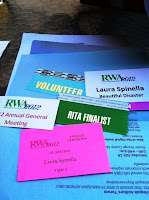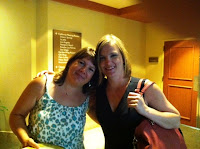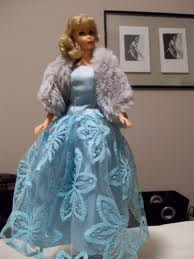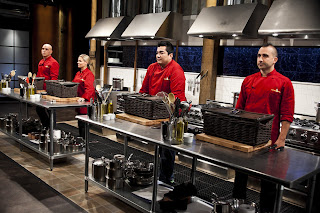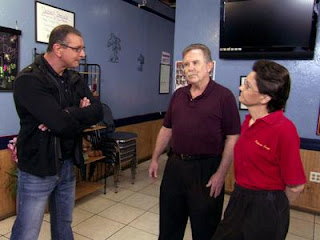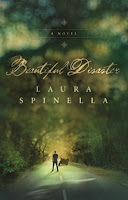The Highlight Reel
I was the true newbie in RITA’s Best First Book category. In my case, it really
was just an honor to be nominated. Overall, my trip to the annual Romance
Writers of America conference and subsequent RITA Awards was a success. I didn’t
know what to expect going in. RWA has about 13,000 members, of which 2,000
attend the annual convention. If you’ve never been, I highly recommend it. However, go prepared for a whirlwind of
activity.
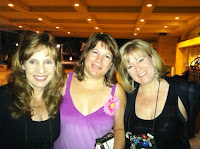 |
| Authors Shelley Coriell, me & Erin Quinn |
and the authors in attendance more than friendly. I had a chance to meet my good FB friend Barbara Claypole White whose debut novel, THE UNFINISHED GARDEN is out later this month. She was kind enough to ask me to blurb her beautifully written gentle romance. I made several new acquaintances
along the way and rubbed chair legs with Nora Roberts. If anyone is curious,
she’s very gracious and genuine—even if your chair leg comes within inches of
her toes. Each year RWA gives out the
Nora Roberts Lifetime Achievement Award.
It gave me pause, her chair leg wickedly close to mine, that she was
there to witness the bestowment of an award named for her. How many people have an award named for them
while, they’re not only living, but still very much in the game? I think it gives new meaning to the word “successful.”
Recipient Beverly Jackson, who has penned more than 90 novels, gave a warm and
insightful acceptance speech.
address. Granted, I don’t attend too many packed banquet rooms gatherings, but
I’d say her message is what good speeches are all about. Her topic: weathering the future of
publishing and what that means to us as writers. As mentioned, the workshops were top shelf, a
vast array of topics that anyone with a keyboard and an idea could use to help
channel those bare bone thoughts into paragraphs and pages. While I didn’t
attend the History of Contraception workshop, I did stop and take picture of the sign. I
sent it to my BFF, who happens to be an OB-GYN. She’s thinking of submitting
her own workshop pitch for the 2013 RWA convention. My newest WIP includes a psychic
element, so I made sure to attend a workshop on the paranormal. Foot-in-mouth
as the workshop leader quickly corrected my faulty assumption that paranormal
and psychic were related. Clearly one is werewolves while the other just
channels them. On the whole, the workshops were Red Bull lecture style,
designed to make you want to run back to your room, shut out the activity, and
get busy writing. In that regard, it was wholly well worth the price of
admission.
Leis Pederson. We’d never met in person, so I was nervous in a curious way. I was anxious to put a face to the person who took
a chance on me and the characters I cast in BEATUIFUL DISASTER. I think it went well, particularly for someone
who spends an inordinate amount of time scripting both sides of the dialogue. I
didn’t spill anything and managed to keep the conversation going until the
lights dimmed at the awards, all eyes turned to the clever romantic movie
montages on the big screens.
finalists, but alas not a winner among us. By evening’s end we were all in very good
company. I’m not sure if I’ll get to
another RWA conference soon. During their
annual meeting, RWA decided that my category, Novel with Strong Romantic
Elements, will be eliminated after 2013. Thinking about that now, it’s really too bad. I was just
starting to feel at home.

